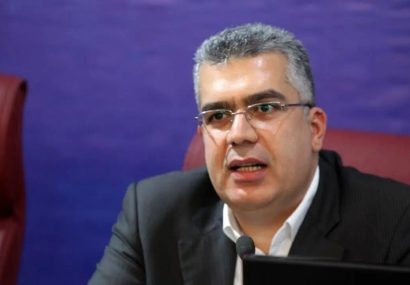Opportunity for 2.5-Fold Growth in Trade with the Eurasian Union
TEHRAN (Iran News) Dehghan Dehnavi emphasized the importance of preferential and free trade agreements during a meeting with members of the Entrepreneurs’ Assembly on Monday. He stated that the agreement, signed five years ago, reduced tariffs on certain goods and created opportunities for significant growth in trade with the EAEU.
Dehnavi noted that this success has encouraged the pursuit of a free trade agreement with the union. Currently, the parliaments of the five EAEU member states have approved the agreement, and in Iran, it awaits final approval from the Guardian Council. He anticipates the agreement will come into effect early next year. “Eurasian ”
The TPO, responsible for trade negotiations, is also advancing similar preferential trade agreements with other nations, such as ongoing talks with Pakistan, he added.
Dehnavi outlined three primary goals for the TPO: regulatory reform and facilitation, development of free trade agreements, and promotion of export-oriented production. He stressed that export growth should not rely solely on surplus goods, as this approach would not lead to a substantial trade leap. Instead, Iran must identify and develop industries with strong growth potential to enhance trade opportunities.
He also highlighted the need for supportive laws and regulatory reform to facilitate exports.
Discussing exchange rate policy, Dehnavi said the government is mindful of inflation and public welfare in its efforts to align currency rates with economic realities. He advocated for a shift from preemptive supervision to retrospective oversight in policymaking, allowing economic actors to operate freely within legal boundaries while ensuring compliance through post-action monitoring.
He further criticized the reduction of TPO’s authority, which has relegated the organization to merely implementing others’ decisions. He called for a focus on laws that support export growth and trade.
Dehnavi mentioned that during his tenure, he blocked several directives that could harm exports. He stressed that decision-makers must inform economic stakeholders of new policies at least one to three months before implementation, in line with legal requirements.
He also referenced a business rights guide issued by the Presidential Legal Affairs Office, which ensures that economic actors are informed of regulations before enforcement and can seek clarification on ambiguities in the law.
- source : IRAN NEWS ECONOMIC DESK






























